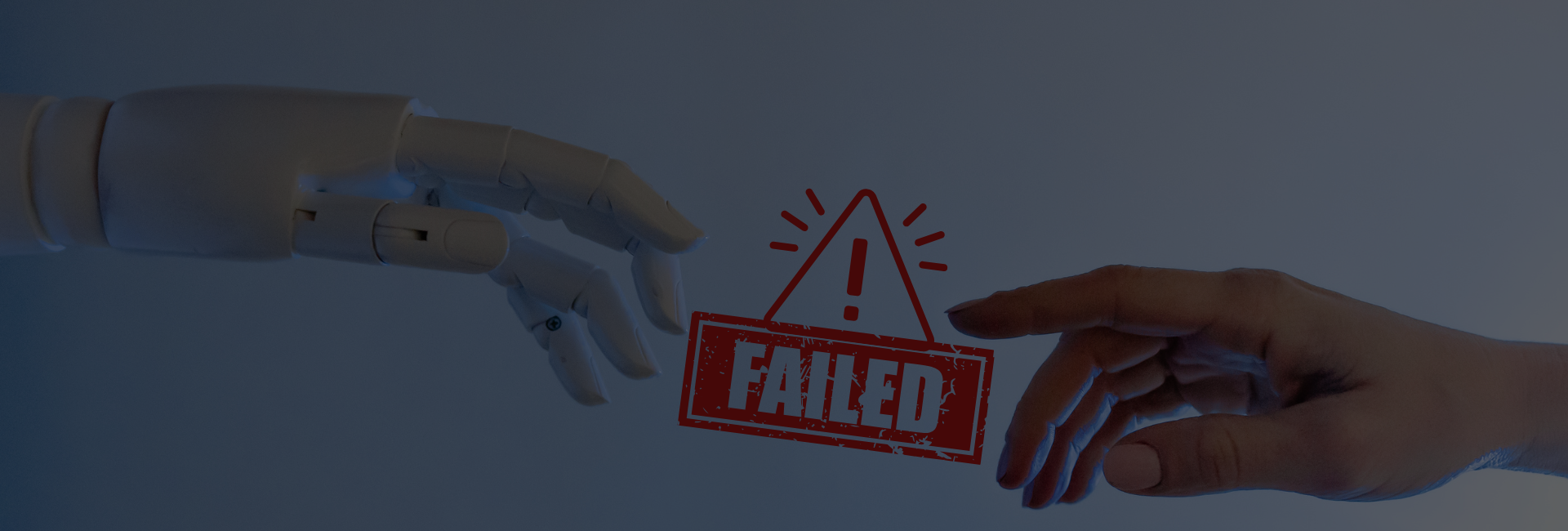Imagine you’re a seasoned chef who has just acquired a state-of-the-art, AI-powered kitchen assistant. This assistant can whip up complex dishes at the touch of a button, promising to save you time and effort. However, as you begin to rely on this new helper, you notice that while it excels at preparation, it occasionally introduces subtle errors—perhaps a pinch of too much salt or an ingredient added out of order. These minor mistakes require your keen eye to detect and correct, sometimes adding more time to your process than anticipated.
In the realm of software development, a similar scenario is unfolding. AI-driven code generation tools, such as GitHub Copilot and OpenAI’s Codex, have become invaluable resources for developers, automating routine coding tasks and accelerating development cycles. However, recent studies have highlighted a significant challenge: the code produced by these AI tools can contain errors that are not immediately apparent. For instance, a study from Purdue University found that ChatGPT’s coding responses were incorrect 52% of the time, often making errors that are difficult to detect.
This introduces a new layer of complexity to the debugging process. Developers must now scrutinize AI-generated code meticulously, identifying and resolving issues that may not be straightforward. The convenience of AI assistance comes with the caveat of increased vigilance during debugging, as overlooking these subtle errors can lead to significant problems down the line.
As AI continues to integrate into the coding workflow, it’s essential for developers to remain proactive, ensuring that the benefits of AI augmentation are not overshadowed by the challenges of debugging its output.
Key Debugging Challenges Businesses Face with AI Tools:
Over-Reliance on AI Accuracy
AI tools like GitHub Copilot or OpenAI Codex generate code, but their outputs can sometimes be flawed. Blindly trusting the generated code without validation can lead to significant issues in production.
Inconsistent Code Quality
AI tools may generate code with varying levels of quality, sometimes optimized and other times verbose or redundant, leading to maintainability issues and technical debt.
Security Vulnerabilities
AI-generated code can inadvertently introduce security risks, especially when handling inputs or working with sensitive data, making it crucial to assess the security implications of AI code suggestions.
Complex Error Tracing
Debugging AI-generated code can be challenging since developers might be unfamiliar with certain patterns or syntaxes the AI generates, complicating error tracing and resolution.
Lack of Contextual Understanding
AI tools lack contextual awareness beyond the immediate code block, often missing business logic errors or domain-specific requirements.
How Developers Can Counter These AI Debugging Challenges:
1. Implement Human Review Processes:
Treat AI as a coding assistant, not a replacement. Encourage manual code reviews and pair programming practices where human oversight can catch subtle errors missed by AI tools.
2. Leverage Automated Testing Frameworks:
Use comprehensive automated testing strategies like unit tests, integration tests, and static code analysis tools (e.g., SonarQube) to validate code quality and catch issues early.
3. Apply AI Critique Tools:
Tools like CriticGPT and Google’s Jules have emerged to help validate AI-generated code by identifying potential bugs and inefficiencies.
4. Encourage Incremental Adoption:
Gradually integrate AI tools rather than a complete dependency shift, ensuring developers gain comfort with AI-generated outputs while maintaining their debugging skills.
5. Train Developers on AI Limitations:
Equip teams with knowledge about how AI tools work, emphasizing their limitations in code quality and security. Workshops and training on debugging AI-generated code can help mitigate risks.
6. Enforce Coding Standards:
Define and enforce clear coding standards and best practices to ensure consistency, even with AI-assisted development.
Tired of Debugging AI-Generated Code? Let’s Simplify It Together
Ready to streamline your development process with leveraging AI?
How AI Tools Like Jules Assist in Fixing Buggy Code:
Automated Bug Detection and Resolution:
Jules can autonomously identify issues within codebases and develop multi-step plans to address them. It modifies the necessary files and prepares pull requests, seamlessly integrating into GitHub workflows.
Enhanced Developer Productivity:
By handling routine bug fixes and tedious tasks, AI assistants like Jules allow developers to focus on more complex aspects of software development, thereby accelerating project timelines.
Integration with Development Environments:
Jules is designed to work within existing GitHub workflows, making it accessible and convenient for developers to incorporate into their daily routines without significant changes to their processes.
Support for Multiple Programming Languages:
Initially, Jules focuses on Python and JavaScript tasks, providing targeted assistance in these widely-used languages and ensuring a broad impact across various projects.
Considerations and Future Prospects:
While tools like Jules represent a significant advancement in AI-assisted coding, they are still in the early stages of development and may occasionally make mistakes. Developers are advised to supervise AI-generated code and validate its accuracy before deployment. Jules is currently available to a select group of testers, with broader availability expected in early 2025.
The integration of AI tools like Jules into software development workflows signifies a transformative shift towards more efficient and reliable coding practices, reducing the manual effort required for debugging and allowing developers to concentrate on innovation and complex problem-solving.

